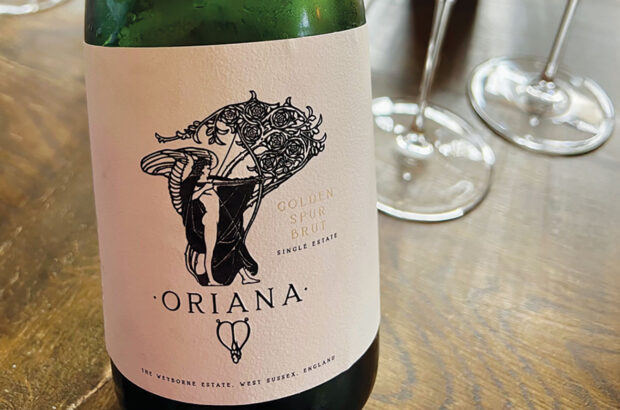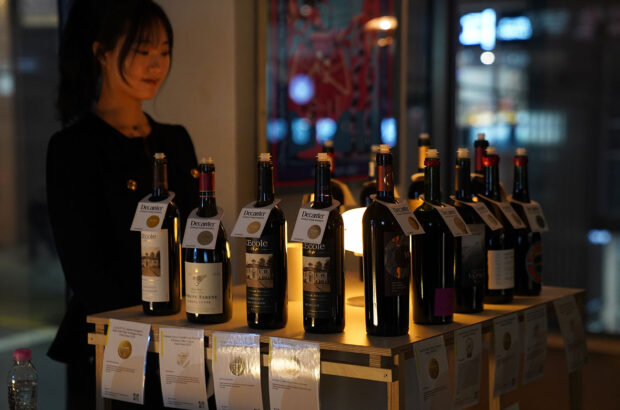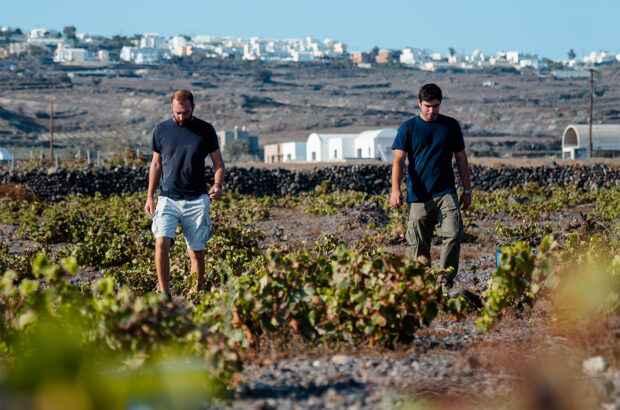Can you send a ‘natural’ wine back because it’s horrible to drink, or have you implicitly accepted the possibility and committed yourself to paying when you ordered it, asks Hugh Johnson...
Do we need a natural wine alternative…?
I’ve been caught out that way once or twice. With today’s new ideas of what’s deemed to be acceptable or appropriate, or even threatening, I’m not sure how to react.
Part of me says: ‘Come on, you old square. New generations see things in different ways.
‘Taste them differently too, no doubt. You’re not great on Tracey Emin, either, are you? Wines like unmade beds are the In Thing. Just right for confusion foods.’
If I go to an art gallery, the evidence is before my eyes: I can see, judge and not buy.
If there’s a cork between me and the evidence, things are different. Which is why wine depends on certain assumptions (of clarity, stability and a balance between strength, sweetness and acidity) and the sort of conventions enshrined in appellation systems.
‘Natural’ doesn’t come into it; these are works of craftsmanship; even, occasionally, art. Does a winemaker, then, have the right to sell me something that ignores, or flouts, the winemaking conventions that I rely on?
‘Is ‘natural’ a self-justifying word to cover any sort of accident? Or is ‘alternative’ a more accurate description?’
Is ‘natural’ a self-justifying word to cover any sort of accident? Or is ‘alternative’ a more accurate description?
Of course, the producer may have a lab and state-of-the art chemistry and simply choose not to intervene. There are highly reputed (and very expensive) ‘orange’ wines.
But I’ve also tasted ‘natural’ wines that remind me of Italy 50 years ago. Tipping grapes in the tub on the ox cart, breaking them up with a cudgel on the way back to the farm and leaving the rest to nature rarely had good results.
The sales pitch for ‘natural’ wines usually tells you that conventional wines contain a lot of non-grape juice gunk. Fish guts: horror. Egg whites: poison. Sulphites: allergens. Colouring: dishonest. Sugar: cheating.
There seems to be a high ground – is it moral, ethical, fashionable, hygienic? – shared by ‘naturalists’ and vegans. Then again, if you read the list of preservatives and allergens on any supermarket packet, you may want to give up eating altogether.
There’s too much vitriol spraying around on the subject of what’s ‘natural’ already. I don’t want to add to the shindig. (It reminds me of the man outside the Dublin pub: ‘Is this a private fight, or can anyone join in?’)
I just humbly suggest ‘alternative’ as an alternative.
-
Do you love or loathe natural wine? Share your thoughts in the comments below, or Tweet us @Decanter.
-
This column first appeared in the February 2017 issue of Decanter. Subscribe to Decanter here.
More natural wine:

Orange wines: it’s time to get in touch
It’s the new colour on the wine spectrum – white wine made as if it were a red...

How to understand natural wines
What are natural wines and how do they taste?

France grapples with definition of natural wine
French wine officials have resolved to create a definition...

How to serve orange wine – ask Decanter
Should orange wines be chilled or served a little warmer?

Best natural wine bars in London
With benefits for health, the environment and your wallet, natural wine is the latest must-try trend in innovative winemaking...

Storing natural wine – ask Decanter
Does natural wine need to be stored differently...?







